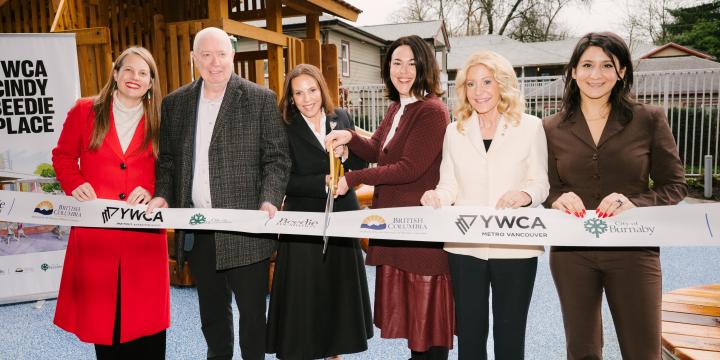
Unpacking BC’s 2024 Poverty Reduction Strategy
With high inflation rates, soaring housing costs and increasing daily expenses, the cost of living in BC has never been higher. Hundreds of thousands of people are living in poverty in the province, with approximately 230,000 residents receiving income and disability assistance, or other supplemental supports.
Last week, the provincial government released details of its 2024 Poverty Reduction Strategy, which aims to reduce overall poverty by 60% over the next decade. The strategy highlights several intended initiatives, including the need for affordable and inclusive child care, improved access to housing for people leaving violence, and employment services like skills training. The province has committed to offering wraparound, individualized supports for jobseekers through the launch of community-based employment services this summer.
The Poverty Reduction Strategy also points to the need for updated income and disability assistance. Many YWCA Metro Vancouver program participants say their incomes make them ineligible for certain government supports, even though they rely on that assistance to manage affordability challenges. As a result, very few people receiving income and disability assistance choose to work out of fear they might lose those critical supports.
It’s encouraging the province has taken steps to increase exemption rates in recent years and may consider other exemptions that could allow recipients to stack benefits. Examples provided in the strategy include changing rules around spousal income or exempting federal benefits like employment insurance from income. As an organization, we’ve also called for the government to index income and disability assistance to inflation to ease the impacts of rising costs.
At the YWCA, these are key areas we advocate for as we strive to advance gender equity. By seeking income assistance reforms, improved access to skills training and more employment support, the YWCA is working towards fostering a resilient, fair and equitable economy. Our advocacy is geared toward empowering women and families to achieve economic self-sufficiency, wherever possible.
While the government’s Poverty Reduction Strategy aligns with many of the YWCA’s goals, concrete action plans that include budgeting are still needed, and much more can be done. Women continue to be impacted by the gender pay gap, earning 17% less than men, according to the province’s 2023 statistics. That pay gap disproportionately impacts women who are Indigenous, racialized, living with a disability, or 2SLGBTQIA+. With the provincial election coming up this fall, it’s crucial BC’s next government commits to specific, tangible measures to reduce poverty in the province.
Remember to vote in BC’s upcoming election on October 19, 2024.
Read the full 2024 Poverty Reduction Strategy at gov.bc.ca/poverty-reduction-strategy

